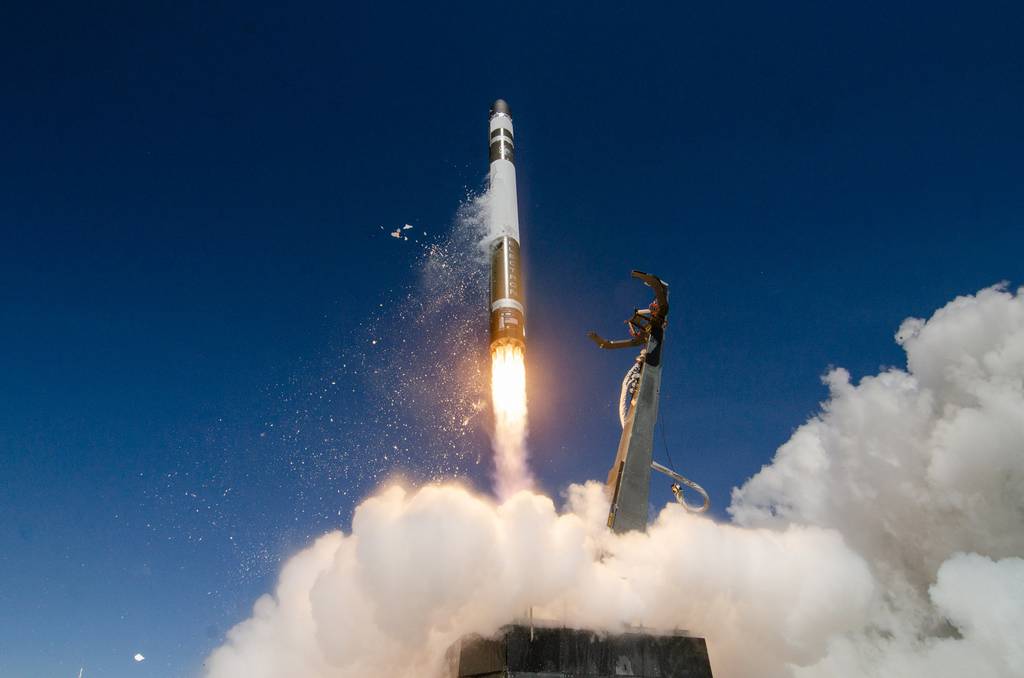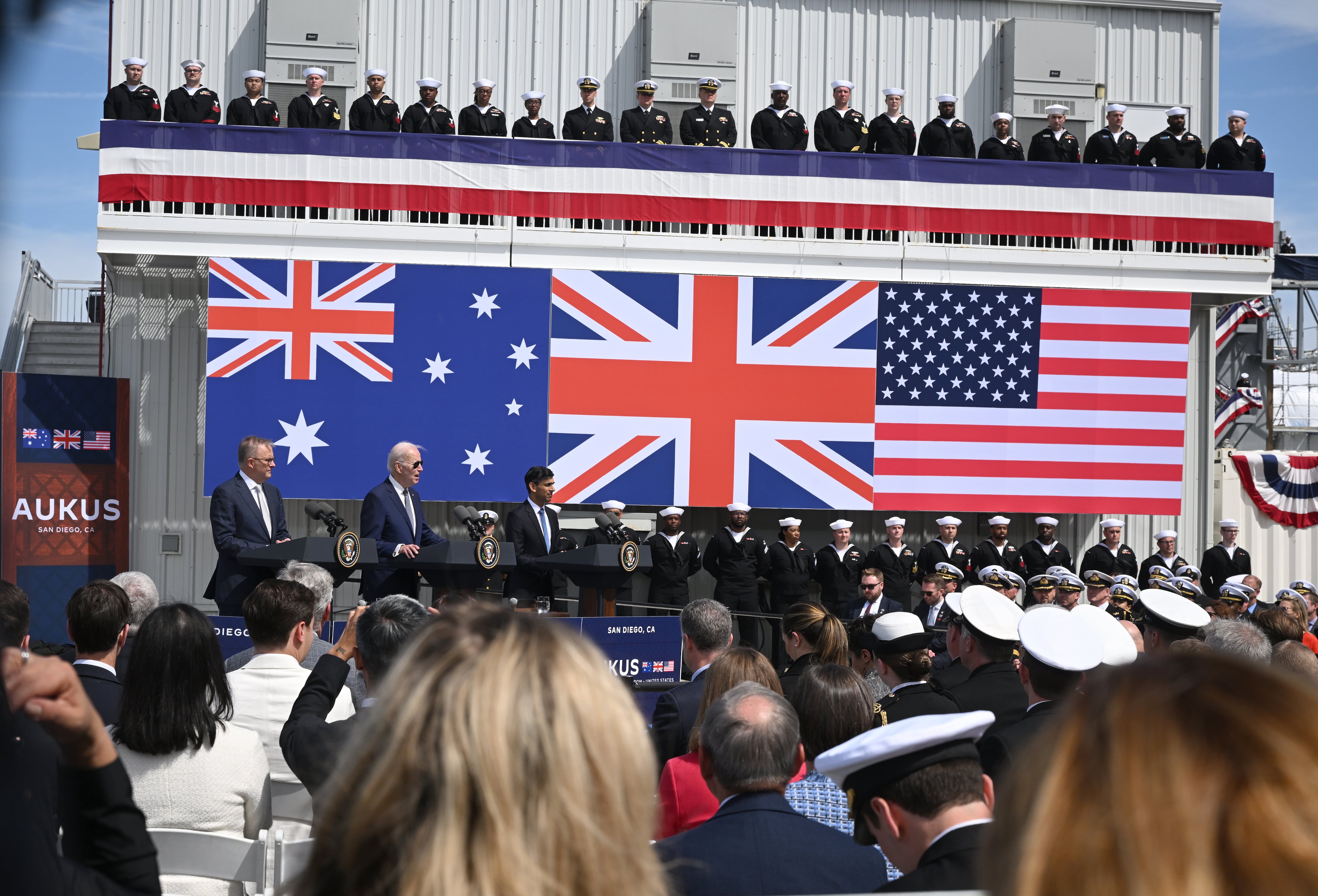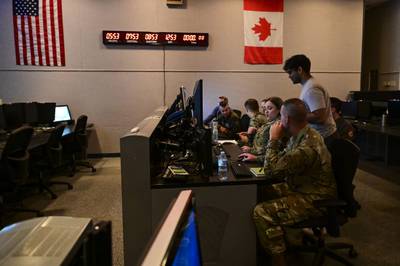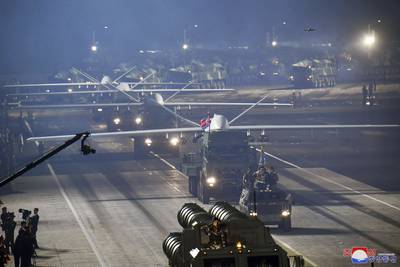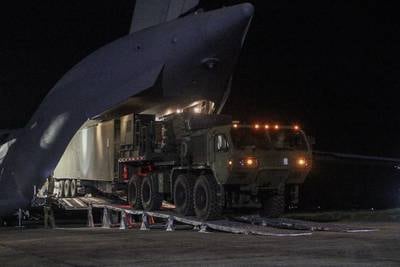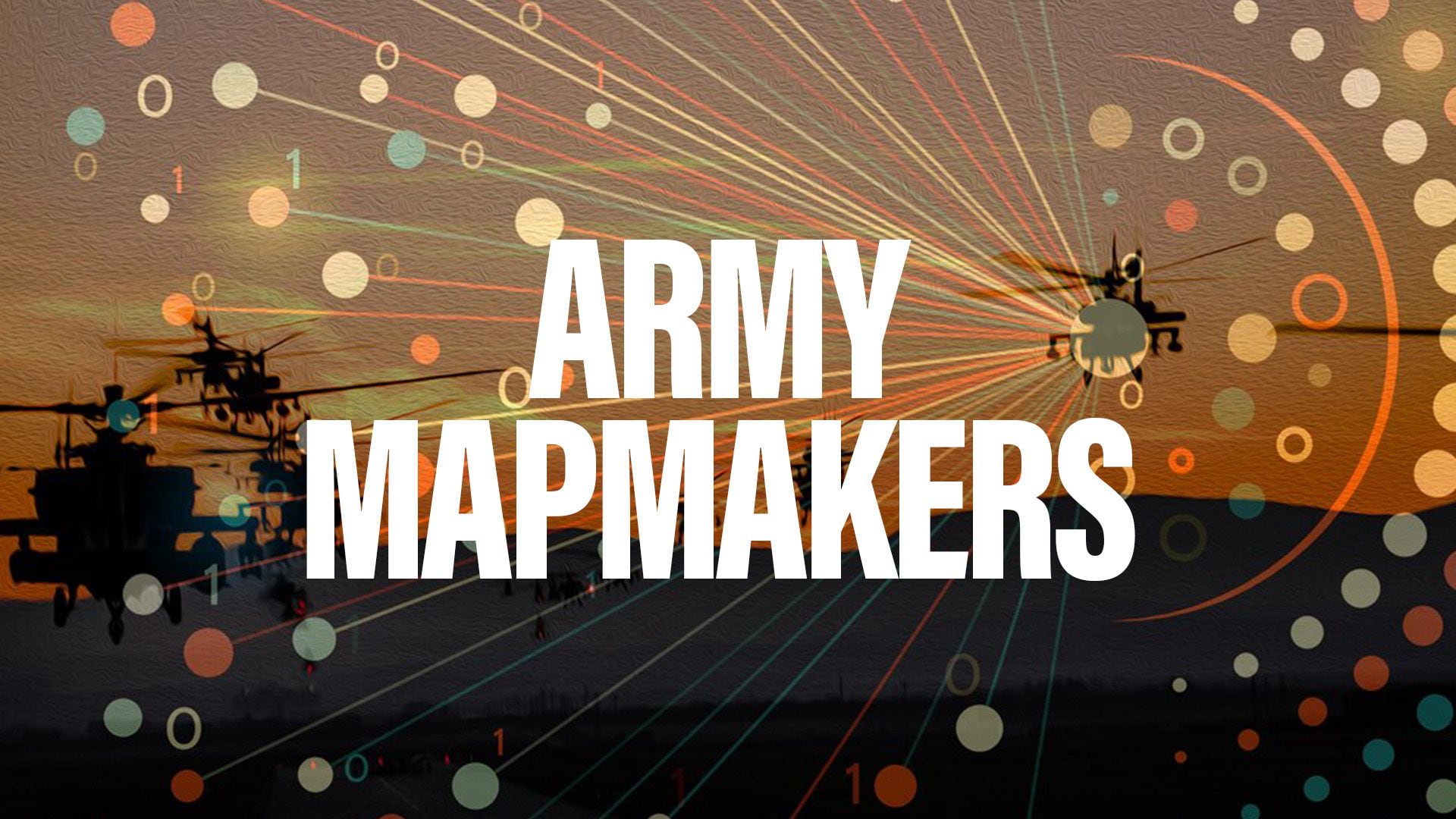The rapid spread of COVID-19 around the globe has delayed the launch of three US intelligence payloads from New Zealand until at least April 23, launch provider Rocket Lab confirmed April 6.
Rocket Lab announced that they were pausing the scheduled March 30 launch of three National Reconnaissance Office payloads following the New Zealand government’s March 23 announcement that the country would enter Alert Level 4. This forced most businesses to close and the government ordered people to stay at home.
RELATED
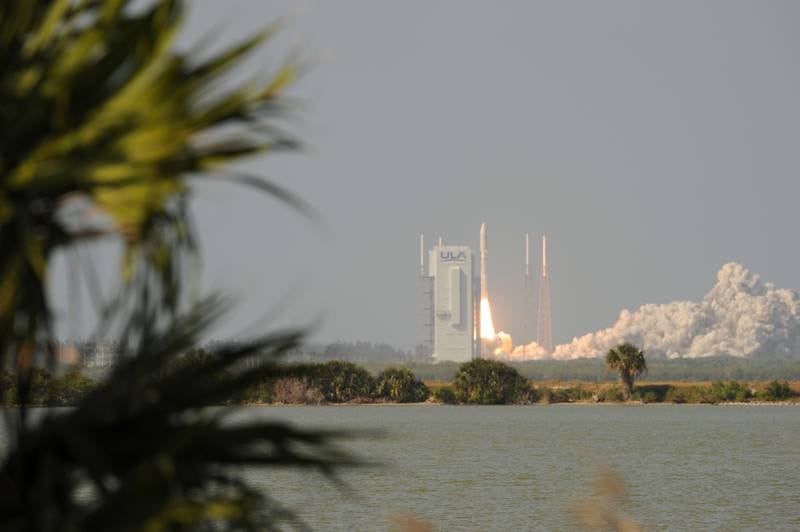
“This decision was made with the full support of the NRO, and we continue to engage with our partners at Rocket Lab as they work with the New Zealand government and local health officials to determine when launch operations can resume,” said NRO spokesperson Laura Lundin. “The launch vehicle and ground systems will remain in a state of readiness for launch as the evolving situation allows.”
Dubbed “Don’t Stop Me Now," the March 30 launch would have been the second NRO mission launch from Rocket Lab’s New Zealand facility under the agency’s new Rapid Acquisition of a Small Rocket contract vehicle. Adopted in 2018, the acquisition method is meant to leverage the growing commercial small satellite launch market and was first used to procure a Jan. 31 launch from Rocket Lab.
During the Don’t Stop Me Now mission, the three NRO payloads would share a ride to space with payloads from NASA and the University of New South Wales, Canberra Space, aboard an Electron rocket. Details about the NRO payloads are protected, the agency said.
With New Zealand expected to remain at Alert Level 4 until April 23, Rocket Lab spokesperson Morgan Bailey confirmed that the launch would not take place before that date.
“We are working closely with our mission partners and the New Zealand government to determine when launch operations can safely resume. The launch vehicle, payloads, and ground systems remain in a state of readiness for launch,” said Bailey in a statement. “Rocket Lab is grateful for the ongoing collaboration and support of our mission partners, including the NRO, through these unprecedented times.”
The NRO said they were working to mitigate any potential impacts of COVID-19 on future launches.
“The NRO is actively working with its partners across government and industry to identify and mitigate any potential impacts on its future launch schedule as a result of COVID-19,” said Lundlin. “The NRO continues to monitor the ever-changing landscape and develop guidance to stay in front of the emerging issues related to COVID-19 in order to maintain the welfare of our workforce and assure continuation of the NRO’s mission.”
Meanwhile, the Space Force was able to complete its first launch March 26 from Cape Canaveral, Florida. While reducing the number of personnel on the base and practicing social distancing, the newly established sixth branch of the military was able to successfully launch the sixth and final Advanced Extremely High Frequency satellite into orbit aboard a United Launch Alliance Atlas V rocket.
Unrelated to that launch, ULA announced April 6 that an employee at one of their facilities in Denver, Colorado, had tested positive for COVID-19. In a statement, the company noted it was taking precautions, although it would have no impact on future launches.
RELATED
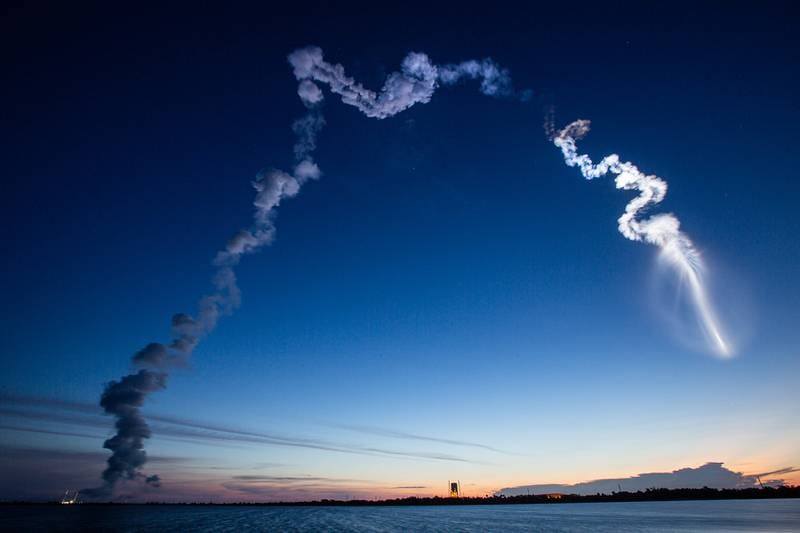
“Our early and aggressive COVID mitigations have limited the number of personnel exposed. We are executing our prepared and rehearsed response plan and anticipate no impacts to our manifest. ULA continues to proactively take steps to protect our people, slow the spread of the virus, and maintain national security,” said ULA President and CEO Tory Bruno in a statement.
ULA is currently slated to launch the secretive X-37B space plane aboard an Atlas V rocket May 20.
The Space Force’s next scheduled launch is April 29, when it plans to put a GPS III satellite into orbit aboard a SpaceX Falcon 9 from Florida. SpaceX did not immediately respond as to whether the COVID-19 situation would delay that launch.
UPDATE: The Space and Missile Systems Center announced after publication April 7 that the GPS III launch would be delayed to minimize the risk of spreading COVID-19.
Nathan Strout covers space, unmanned and intelligence systems for C4ISRNET.
